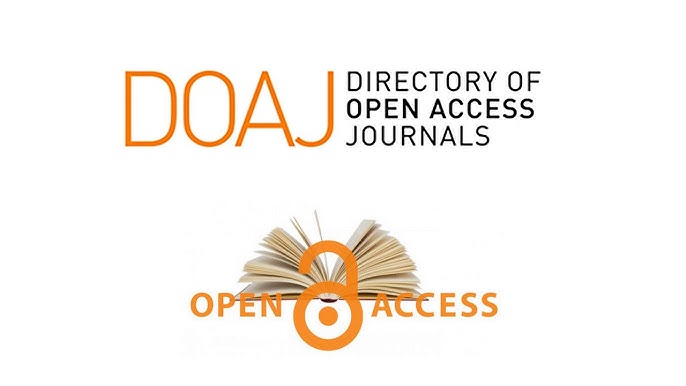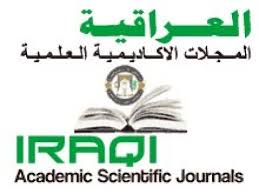Arab Food Security and Agricultural Development Policies: Experience of Iraq and Algeria
Abstract
In general, Arab countries have suffered, for decades, from serious and worsening food dependency on imports, despite the abundance of material, financial, and water resources needed to achieve self-sufficiency. The study aims to identify the main elements of the Arab food security gap and analyze quantitative indicators of treatment that are frequently re-emphasized in agricultural development and related policies.The analysis assumes that the main problem is institutional rather than developmental or veritable. It suggests that the start of processing lies at the root of the problem. The study infers the main indicators of the agricultural development policy necessary for the relationships that can be estimated from a mathematical model for investment in technical sectors for irrigation; mass production; and agricultural land use; reconsidering the privatization of the Faculty of Agriculture; the floating of the Arab agricultural market rather than the inefficient agricultural support for decades.It is based on the foundations of the process of developing Arab agricultural capabilities, taking advantage of the experiences of Iraq and Algeria, as they are resource-rich economies but poor in food production, importing high proportions of food annually.



